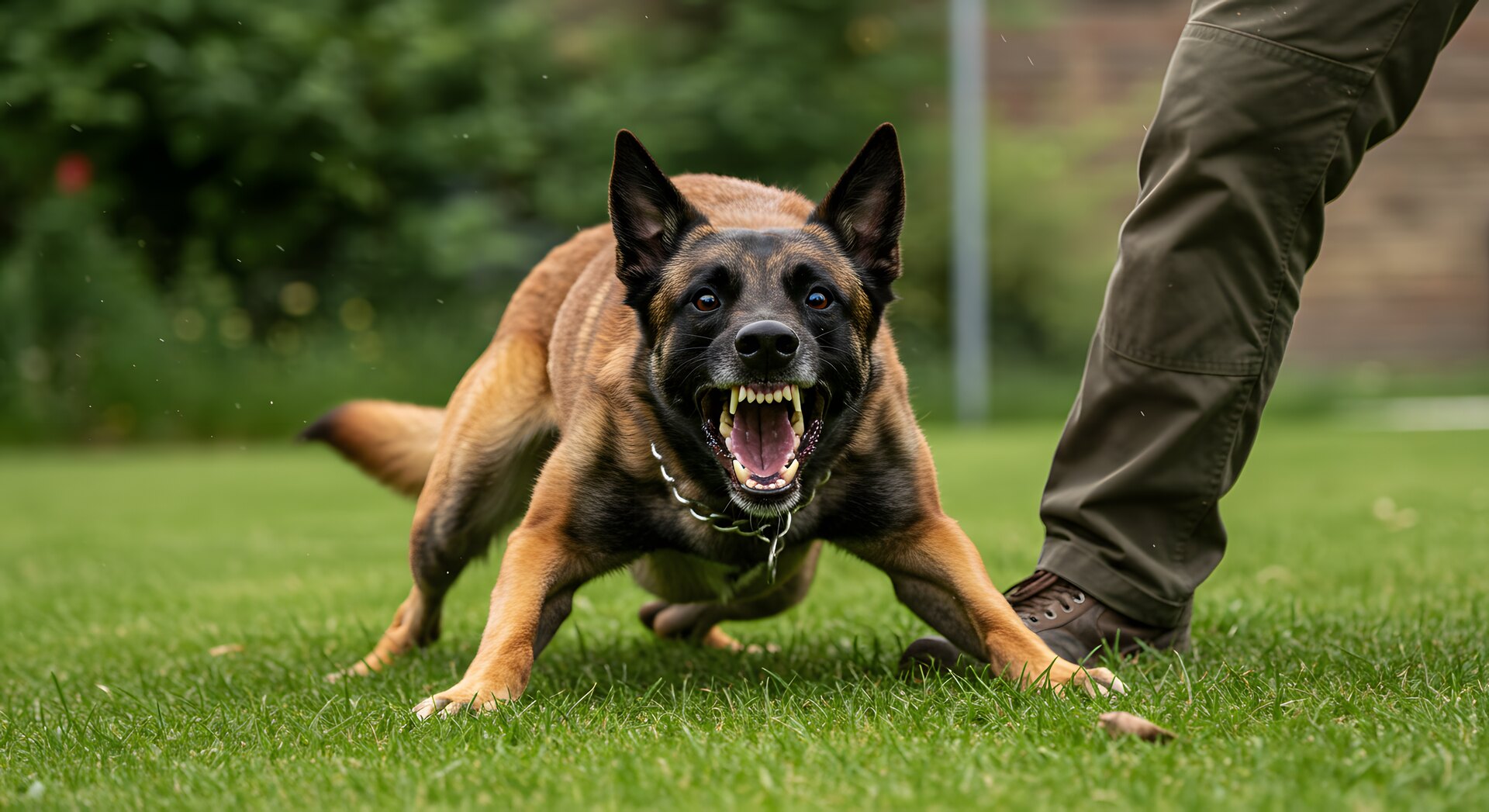What Is A Dog Behaviorist?
October 15, 2021

A Professional Dog Handler
Dog Behaviorists are professionals who have the skills and knowledge to identify and help dogs with their mental and emotional problems. These underlying issues can often cause undesirable actions and result in a dog “behaving badly”. Bad behaviour can often be attributed to not understanding your dog’s routed problems and putting them in scenarios where they shouldn’t be. That said, proper training (after understanding the route issues) can help you gain control of situations or avoid them completely.
Some dog behaviorists specialize in a certain type of problem such as: Dog aggression, Dog anxiety, or Dog excitement. All these have cross over and it is important to understand them all in order to better assess your dog’s issues.
What Kind of Problems Does a Dog Behaviorist Address?
A dog behaviorist is a professional that has intimate knowledge of dogs and is able to diagnose them with their behavioral problems. Some typical problems (which can bleed into each other) addressed by a dog behaviorist include:
Aggression
Common causes of dog aggression include fear, territorialism, frustration, pain, etc. The best approach for dealing with aggression is prevention rather than reactive treatment. For instance, proper socialization in a controlled environment can help with aggression.
Fear
A dog’s reaction is based on how he or she perceives a situation. Unfamiliar stimuli, a traumatic experience, abuse or poor training can result in acting out, attempting to escape or aggression. Understanding the trigger is key to treatment – if unknown, trail and error would have to be conducted although it is often the case that the root can be discovered by simply talking with an owner about when symptoms of fear appear.
Anxiety
Dogs can often be more sensitive to their surroundings than humans and therefore can be more susceptible to experiencing anxiety related symptoms like excessive panting, drooling, shaking, cowering or barking. There are many causes for dog anxiety; some of them include separation from the owner, trauma, or new surroundings. A Dog Behaviorist can help you identify the underlying issue for your dog’s anxiety and help them better cope.
Excitement
Over excitement in a dog often causes jumping and excessive barking, among other things. A main reason for over excitement is usually lack of exercise and/or the dog being left alone for an extended period. Alternatively, it could just be in the dog’s nature. A dog behaviourist can help you identify reasons for the excitement and help make a plan to address your concerns.
Dog Behaviorist Vs Dog Trainer?
Dog Trainer
The role of a dog trainer and a dog behaviourist can often overlap. A dog trainer’s role is key in making sure there are proper command structures in place to re-direct your dog’s energy and take control of the situation. In a sense, a dog trainer takes a reactive approach to issues. He/She will teach basic to advanced level commands which provide the mechanisms needed to change the behaviour of your dog.
Dog Behaviorist
A dog behaviorist is a professional who specializes in the interpretation of animal behavior. They are trained to understand the animal's body language and to teach people how to read their pet's mood, feelings, and needs. Often, a dog behaviourist will work towards behaviour modification and take a pro-active approach to your dog’s issues and help you make a plan that truly changes your dog’s behaviour. This is done utilizing commands and understanding the stimuli which triggers your dog.
Do You Need a Dog Behaviorist?
Whether you need a dog behaviourist depends on the state of your dog and what you are trying to achieve with them. If there are severe issues and dangerous behaviour associated with your dog, it is in your best interest to set up a discussion with a dog behaviourist or dog training specialist. They can help you identify the causes for your dog’s issues and create a plan to provide you and your pet with the needed structure to live their best life.
Vetting a Dog Behaviourist
In truth, a lot of our clients have come to us after seeing a Dog Behaviourist and were either provided solutions that didn’t work or only given a diagnosis with no solution at all. It is important that you fact check, take a look at their methods as well as their success rate for treating behavioural issues in dogs. A Dog Behaviourist should have the means, tools, and experience of a Dog Trainer in order to better help your pet.
The iTK9 Way
We work on addressing the underlying issues and take the time to do so. Our programs may be longer than other companies, but this is because we work with your pet across different environments and provide 24-hour support to help ensure a happy and obedient dog at the end of our programs. Our professional dog handlers have the qualities of a dog behaviourist and a dog trainer. In the end, it is experience and results that you should be looking for – something iTK9 has in abundance. Should you need help or are unsure of what to do with your dog, please reach out today.
.webp)

.png)
.png)